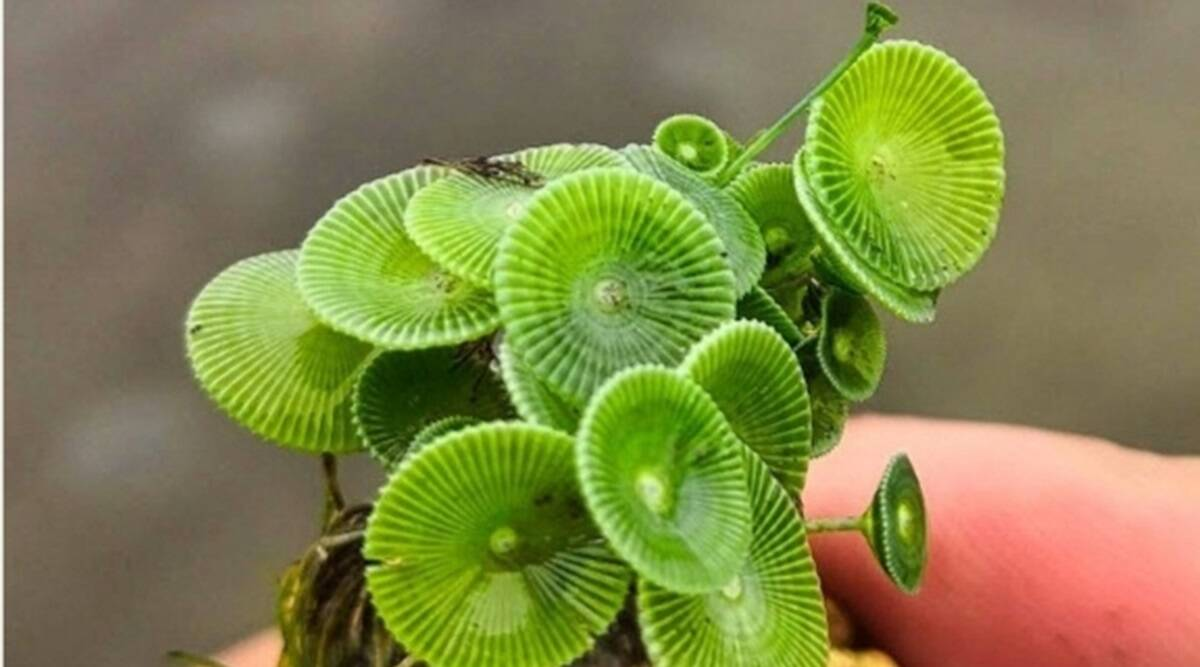New Algal Species: Andaman & Nicobar | 18 Aug 2021
Why in News
Recently, a group of botanists has discovered an algal species with an ‘umbrella head' from the Andaman and Nicobar Islands.
- The Andaman and Nicobar Islands are home to Coral Reefs and are rich in marine biodiversity.
- In March 2021 two new red algal Seaweed species were discovered along India’s coastline.
Algae
- Algae are defined as a group of predominantly aquatic, photosynthetic, and nucleus-bearing organisms that lack the true roots, stems, leaves, and specialized multicellular reproductive structures of plants.
- Their photosynthetic pigments are more varied than those of plants, and their cells have features not found among plants and animals.
- They have ecological roles as oxygen producers and as the food base for almost all aquatic life.
- They are economically important as a source of crude oil and as sources of food and a number of pharmaceutical and industrial products for humans. The study of algae is called Phycology.
Key Points
- About:
- It is a bright green algae with a size as small as 20 to 40 mm.

- Named after the imaginary sea mermaid, Acetabularia jalakanyakae is very primitive and is a single-cell organism.
- Jalakanyaka in Sanskrit literally means mermaid and a goddess of oceans.
- It is the first species of the genus Acetabularia discovered in India.
- It is a bright green algae with a size as small as 20 to 40 mm.
- Characteristics:
- It resembles an umbrella or a mushroom. It has grooves on its cap measuring 15 to 20 mm in diameter.
- It is made up of one gigantic cell with a nucleus. Its nucleus forms a rhizoid structure, which facilitates the algae to attach itself to shallow rocks. It is highly regenerative in nature.
- Rhizoids are a structure in plants and fungi that functions like a root in support or absorption.
- Significance:
- As they have a giant cell it is advantageous for molecular biologists who study cellular processes; they can see it and manipulate it with naked eye. For this reason, Acetabularia is considered a model organism.
- Concern:
- They along with various Coral Reefs face the threat of sea levels rising due to Global Warming.
- They are highly prone to Ocean Acidification caused by global Greenhouse Gas Emissions as the plants in the genus Acetabularia have rich calcium carbonate deposits that account for almost half their dry weight.
